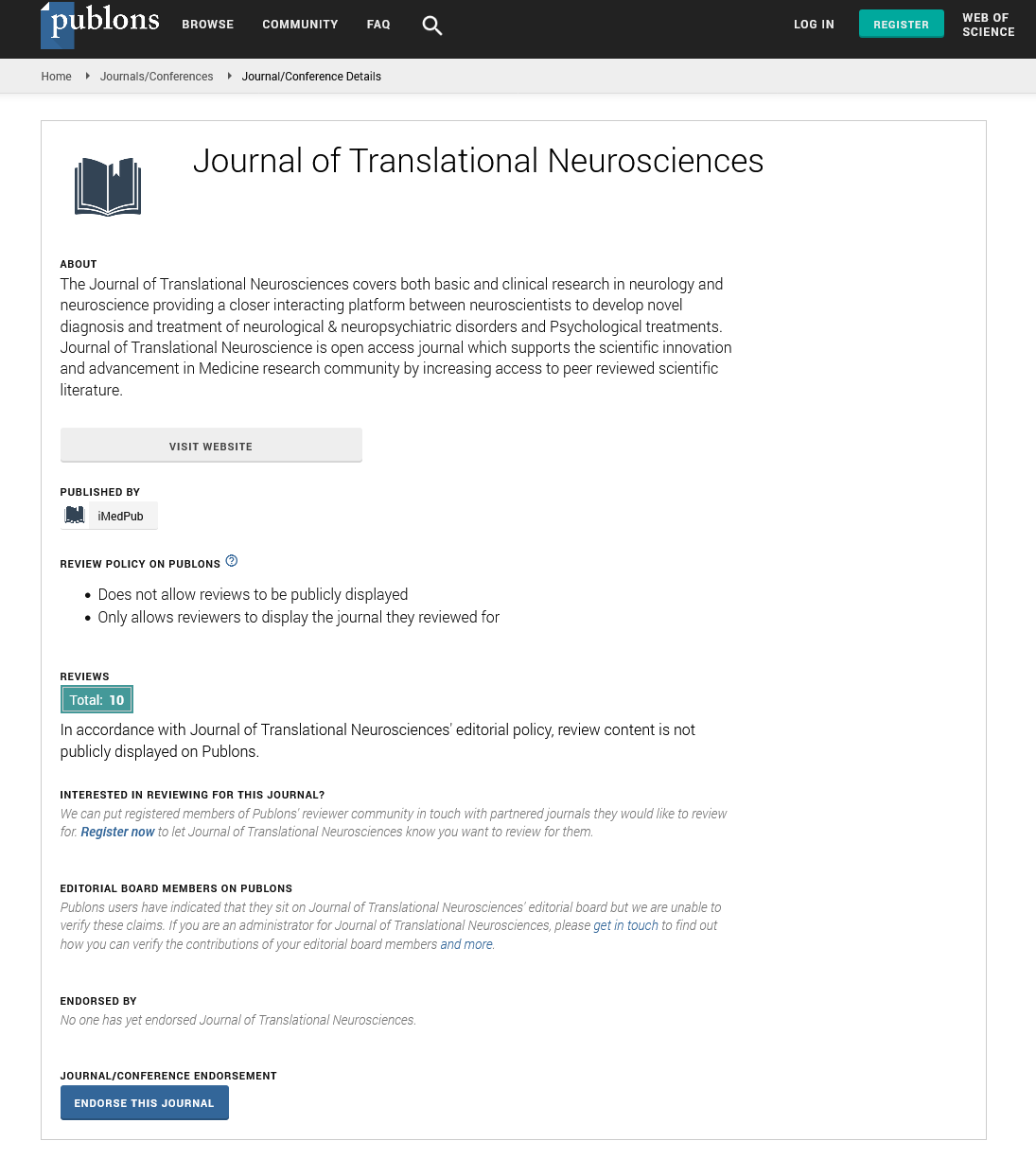Abstract
Co-creating a new model of care for people in Addiction Treatment
A key aspect of addiction treatment is community engagement, but patients have trouble engaging in new relationships and being an active part of the community. After the AntiOD project and fighting the opioid epidemic through educating people about the crisis, raising awareness and decreasing the stigma, empowering the public to take responsibility and react in the event of an overdose and improving the access to Narcan; we have learned that saving lives requires the involvement of the community. However, after surviving an overdose, a person is still likely to suffer a subsequent overdose and those who start addiction treatment face high drop outs rates. Two major points in successful treatment cases and lower relapse rates are social engagement and meaningful belonging. But the patients in treatment face difficulties engaging in new relationships, isolation, and difficulty reengaging as an active part of the community. On the other hand, communities still stigmatize people in addiction treatment, caring of patients is delegated or overlooked and there is a need for education and sensitization in the matter. There is an opportunity for devising new methods to prevent relapse. A bottom-up approach, similar to AntiOD, where communities assume responsibility on their members in treatment and take action, providing a system of care. The purpose of this paper is to describe the first stages of an exploratory research, using user-centered design to understand the need for such systems but also to present data from users to advance a new model of care of people in addiction treatment. A community-based initiative that can impact relapse rates.
Author(s):
Sebastian Ramirez Loaiza and Claudia B Rebola
Abstract | PDF
Share this

Google scholar citation report
Citations : 46
Journal of Translational Neurosciences received 46 citations as per google scholar report
Journal of Translational Neurosciences peer review process verified at publons
Abstracted/Indexed in
- Google Scholar
- JournalTOCs
- China National Knowledge Infrastructure (CNKI)
- Publons
- Secret Search Engine Labs
- Euro Pub
Open Access Journals
- Aquaculture & Veterinary Science
- Chemistry & Chemical Sciences
- Clinical Sciences
- Engineering
- General Science
- Genetics & Molecular Biology
- Health Care & Nursing
- Immunology & Microbiology
- Materials Science
- Mathematics & Physics
- Medical Sciences
- Neurology & Psychiatry
- Oncology & Cancer Science
- Pharmaceutical Sciences


